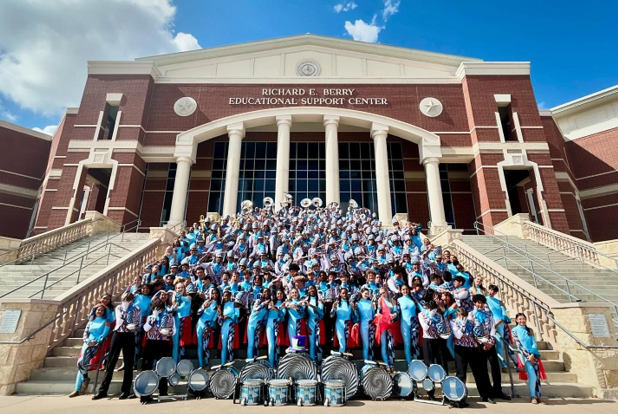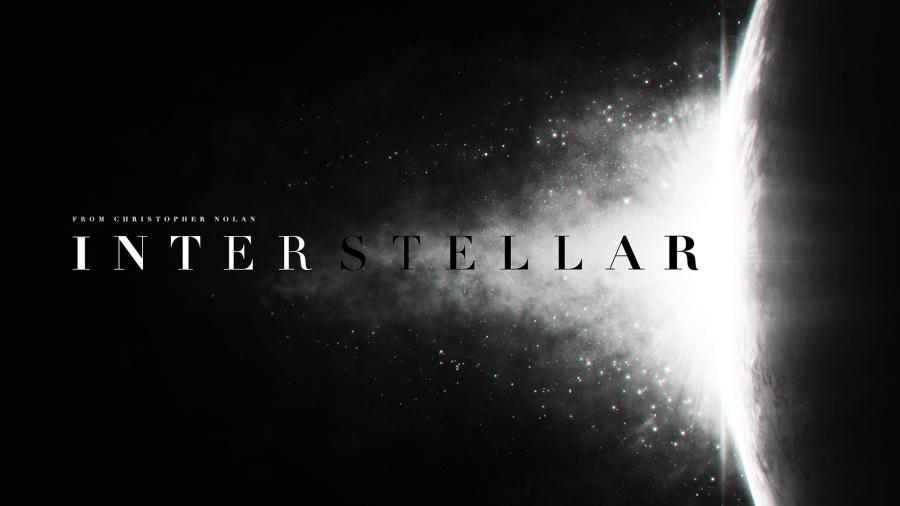Movie Review for Nolan’s “Interstellar”
Christopher Nolan’s Interstellar was released on Nov, 5, 2014. Creating massive hype and even larger expectations, millions flocked around the world to experience Nolan’s modern space epic. However, among the fervor, critics have been divided as to the quality of the film. Overwrought melodrama or beautiful vision of modern Man’s space? I’ve explored these sides extensively, and stand firm in my given opinion. Overwrought or beautiful? I say both.
Interstellar is Nolan’s eighth feature-length film, following up on the wild success of his Dark Knight trilogy. The film follows a team of astronauts, led by Matthew McConaughey, as they search for a habitable planet after the Earth’s ability to grow food slowly dwindles. Also important is McConaughey’s daughter, who is bitter with her father over his decision to leave her so he may carry out his mission. A number of subplots also exist but serve as stumbling blocks for the film, as Nolan’s primary vision quickly becomes cluttered with outside—and quite frankly dull—dealings.
Interstellar is nearly three hours long with too many cinematic elements to list, never mind discuss at length. This being said, one aspect of the film particularly grated on my enjoyment throughout the running time. There was a clash of scope within the film, seen during the contrast of the close-up moments of the characters (both on the ship and stranded on Earth) and the awe-inspiring sequences of the space craft as it careened through worm holes and black holes.
To understand this disparity, one must look back to the original masterpieces of science fiction, written by greats such as Isaac Asimov and Phillip K. Dick. In their genius, these authors (and authors like them) understood a key principle of the genre they were creating; science fiction on the scale of an entire galaxy, an entire universe, that observes and analyzes complex concepts such as wormholes and relativity (as Interstellar does) need not rely on the weight of individuals to carry the story. In other words, as the scale and complexity of the ideas in stories expands, so too should the perspective of the plot. When aspects too mind boggling, or too enigmatic for the human mind come into play, the concept is what needs to be focused on. Not the individual emotions of the crew in space, or the forced drama of the humans down on Earth. These emotions become specks in the greater scope of such massive projects. They cease to matter because the writer, or director, has opened up the universe to something larger than their human characters, or even the human race.
In other words, I may care for a character’s disabled puppy if he lives on a small farm with no outside influences to guide the story, but once said character discovers a phenomena with the capability to shift the meaning of “time and space,” I no longer care about one disabled puppy. I care about the greater ideas and possibilities being set forth by the writer.
Relating back to Interstellar, it appeared as if Nolan was deeply eager and anxious to open his intergalactic can of worms, but, for some frustrating reason, not interested in digging in to what had been opened. The film attempts to mix the grandiosity of a multi-million dollar space epic with longwinded, non-genuine monologues like those of Lincoln and ends up tripping over itself, failing to do either. Granted, the film has high points, but these points are intermixed with groan-inducing stretches of character’s feelings that the audience no longer cares about, due to the marvelous visuals and intellectual ideas that are not being explored in near-enough depth.
Worst qualities aside, Interstellar boasts a brilliantly intertwined score and breath-taking visuals, however fleeting the latter may be. On the other hand, the film is overly bleak, shares overly-exaggerated dialogue between characters almost constantly, and features only one truly memorable performance—that of newcomer Mackenzie Foy, playing 10-year-old Murph.
Nolan’s Interstellar offers little in the way of stimulating ideas of the infiniteness of the universe, but does give me great hope for the future of the genre due to fine CGI and camerawork. 5/10.
Your donation will support the student journalists of Cypress Ranch High School. Your contribution will allow us to purchase equipment and cover our annual website hosting costs.







































